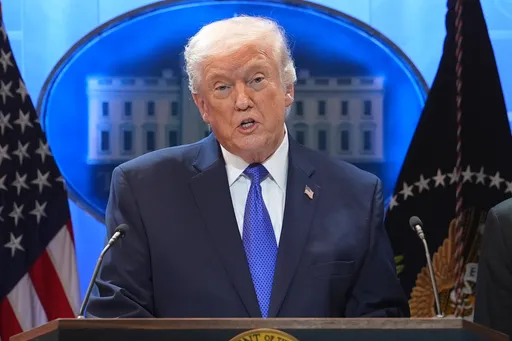Syrian opposition forces have criticised the United Nations for advocating a "step for step" approach to resolving the grinding conflict, saying it will further embolden an intransigent regime.
On Wednesday, the Syrian opposition forces' High Negotiations Committee (HNC) said step for step diplomacy would give "incentives" to a regime that has already demonstrated its rejection of a UN-led peace process.
"It will push it towards more intransigence, and will impede implementation of international resolutions," it said in a statement.
Speaking at the conference, Salem al Meslet, head of the National Coalition for Syrian Revolutionary and Opposition Forces, said that a united opposition would send "an important message to the UN envoy".
The last round of UN-organised peace talks in October failed to make any progress, and UN special envoy for Syria Geir Pedersen has highlighted "great mistrust on all sides".
READ MORE:Why violence is escalating in Syria
Decade-old campaign
Following a tour of Europe, the United States and Arab states, Pedersen called in December for efforts to try to build trust between warring parties by setting precise and "verifiable" steps.
The call followed the failure of several rounds of UN-brokered negotiations in Geneva between the regime and opposition groups aimed at forging a new constitution.
The response to Pedersen came after Syrian opposition forces met for talks in Qatar in a new bid to revive their decade-old campaign against Syria's Bashar al Assad.
The war in Syria is estimated to have killed nearly half a million people and displaced millions more since it began with a brutal crackdown on anti-regime protests in 2011.
With major fighting having subsided since 2020, Damascus has made inroads into easing its international isolation, especially with fellow Arab states.
Meanwhile, the opposition forces have seen their influence wane in recent years, with many of their foreign backers now moving towards normalising ties with Assad's regime.























